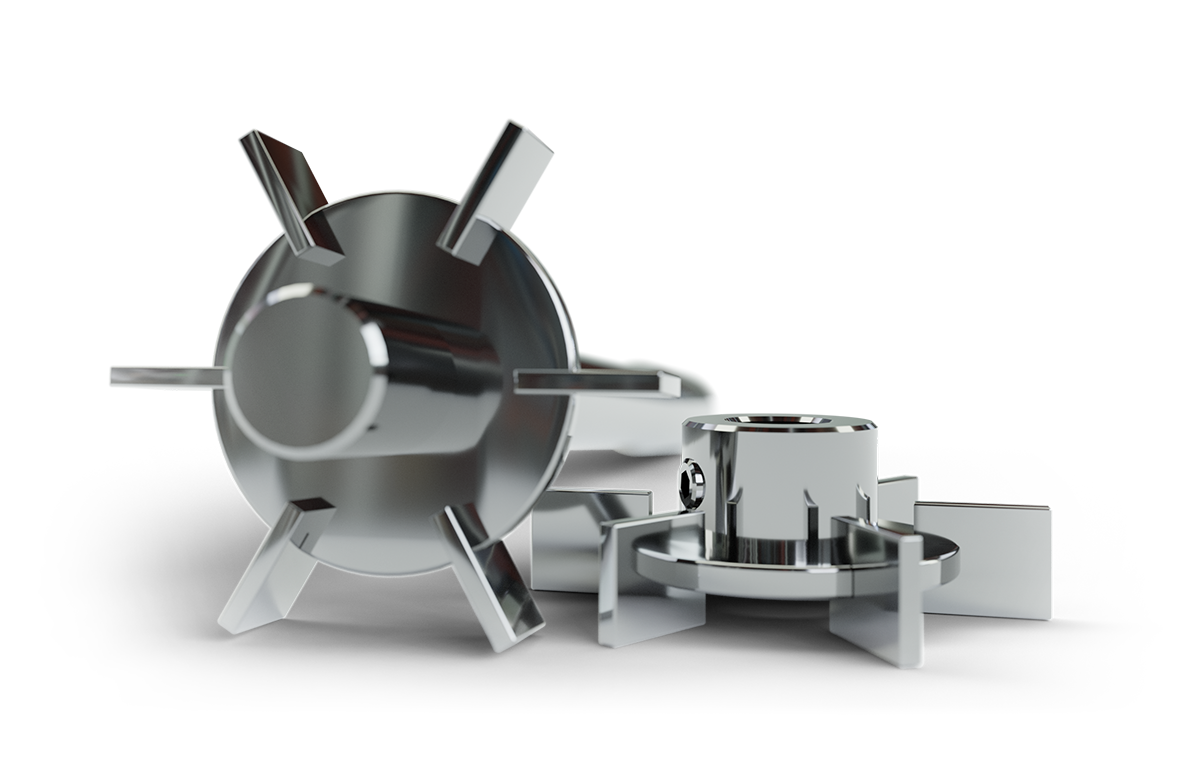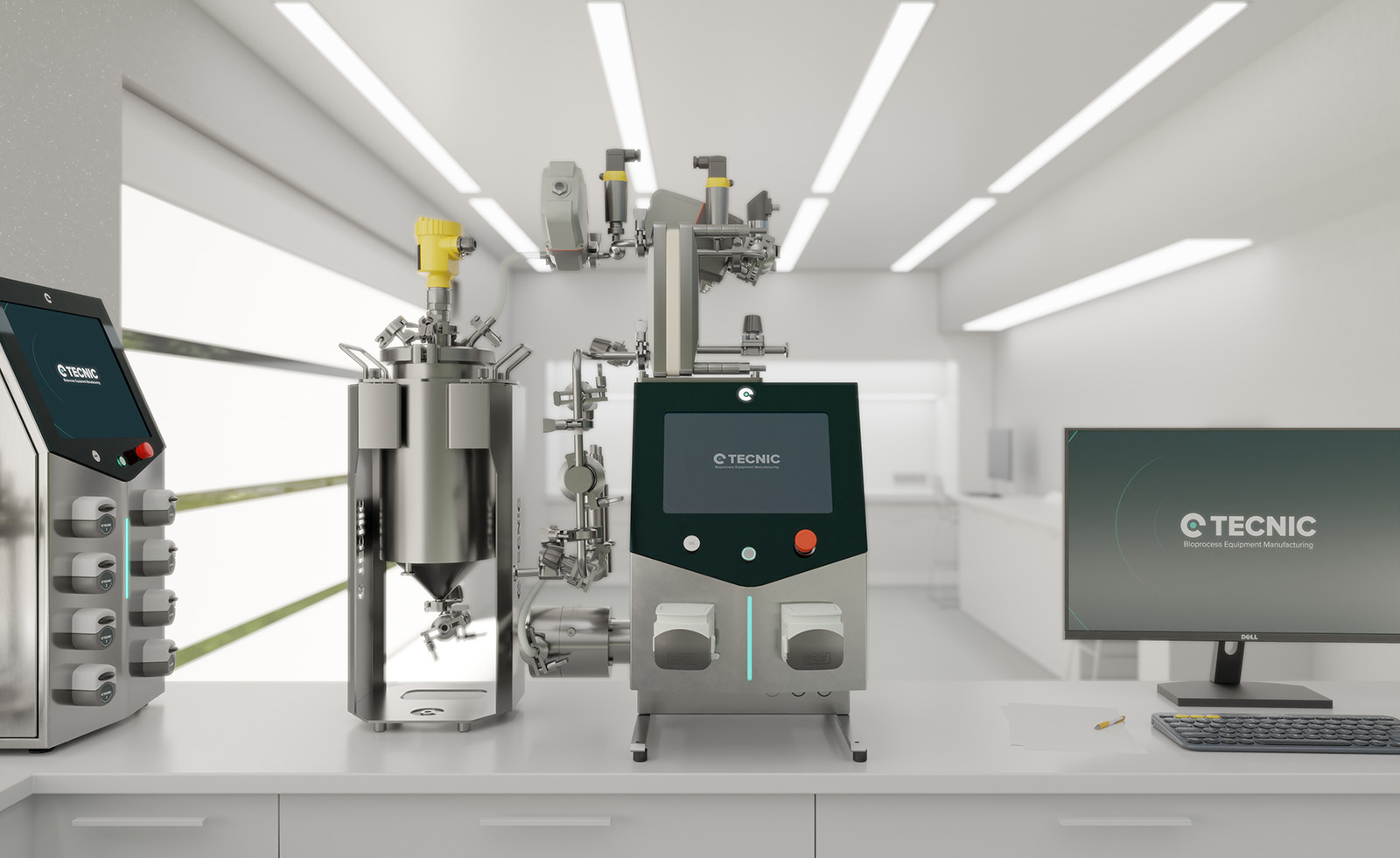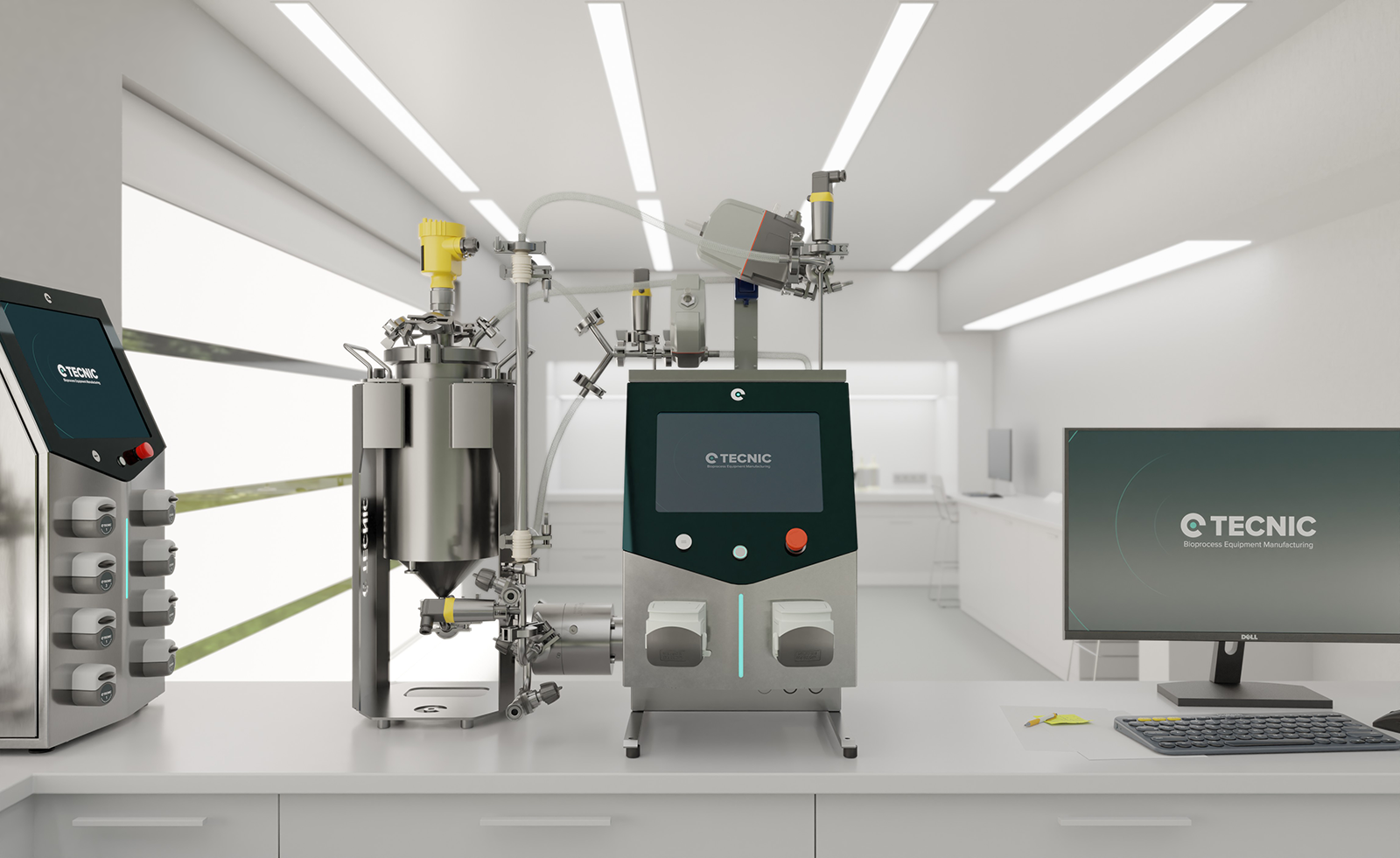What are mRNA vaccines?
mRNA vaccines, or messenger ribonucleic acid vaccines, represent a new vaccine class. They employ a synthetic genetic material segment from the pathogen to trigger an immune response. Furthermore, this mRNA segment encodes information for a pathogen part, typically a protein or protein fragment. Consequently, the immune system recognizes it and generates a response.
By introducing mRNA into the body instructs cells to produce the pathogen’s protein temporarily. In turn, this activates the immune system, producing antibodies and immune cells. They can recognize and eliminate the actual pathogen if future infection occurs. mRNA vaccines don't contain live viruses and can't cause disease. Moreover, they serve as a powerful, flexible tool in preventing infectious diseases, as shown with COVID-19.
Bioreactor role in mRNA vaccine production
The production of mRNA vaccines has marked a significant milestone in biotechnology. Indeed, bioreactors are crucial in this process. They allow optimized cell culture and precise condition control. This ensures the quality and efficacy necessary for producing safe vaccines. As a result, bioreactor technology remains vital to addressing public health challenges globally.
Moreover, our bioreactor and TFF systems ⇀ offer a complete solution. Also, they ensure a smooth transition from research to market production. This embodies our commitment to biotech innovation.










